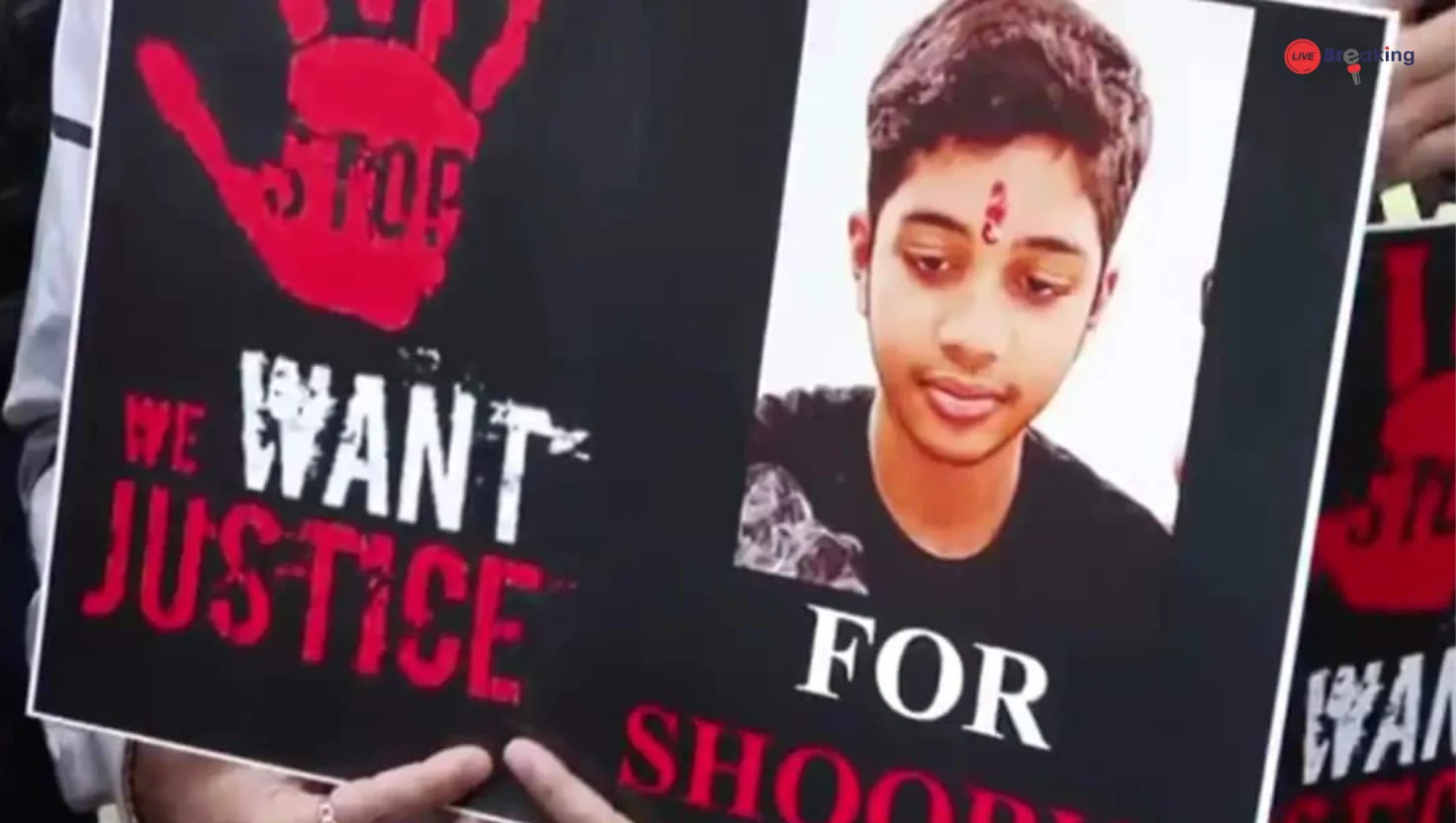‘DM Has Been Sent To You…’: What Delhi Police Said As Woman ‘Assaulted By Uber Driver’ Readies To File FIR
A chilling phrase — “DM has been sent to you” — uttered by officers from the Delhi Police (DP), has stirred outrage and anxiety, after a woman said she was assaulted by a driver from Uber. As she readies to file a First Information Report (FIR), the police’s initial response has become almost as controversial as the incident itself. The statement, vague and unsettling, has shaken the complainant’s faith in immediate justice — and ignited broader concerns about how assault victims are treated when reporting crimes.
From the moment the woman came forward with her allegations, she expected empathy, attention — and action. Instead, she says, she was told that a ‘DM’ had been sent to her. The term’s ambiguity left her in limbo — was it a senior official en route, a document dispatch, or simply a procedural stalling tactic? For a woman in distress seeking justice, the uncertainty was painful. It felt less like assurance and more like deflection.
The Incident: Allegation, Shock, and Decision to Act
According to the woman’s account, a ride with an Uber driver turned nightmarish when she alleged he assaulted her. Traumatized and seeking recourse, she approached the police hoping to register a case. Reports say that the assault — whether physical, verbal, or both — shook her sense of safety. For many in urban India, ride-hailing services are a convenience; but when such rides end in alleged violence, it jolts both the victim and the public’s confidence in personal safety.
Faced with such serious allegations, one would expect prompt police intervention. Instead, the woman claims she was met with a response far from reassuring. Told “DM has been sent to you,” she was left confused, believing the case might be brushed aside or delayed. The response underscored what many victims fear: bureaucratic ambiguity and institutional inertia may hamper justice.
Police Response Under Scrutiny
The remark has ignited sharp criticism — not only from the woman, but also from observers concerned about police procedure. When dealing with assault, especially involving women, police protocols call for empathy, urgency, and clarity. Instead, this vague assertion seems to reflect a breakdown in communication, awareness, or sensitivity.
To many, “DM has been sent to you” comes across as a passive remark — lacking any concrete timetable, information on the next steps, or empathy. It has fueled fears that victims might be dissuaded from pursuing their case, or worse, that critical early moments of investigation could be wasted.
The Stakes: More Than One Case
This case is more than a single allegation; it speaks to larger systemic problems. First, there is public trust — if victims believe they won’t be heard or assured, more may remain silent. When justice systems — especially police — respond with ambiguity, it deters others from speaking up.
Second, there is the question of accountability, both for ride-hailing platforms and the agencies that oversee public safety. If a company’s driver is accused of assault, users expect swift and transparent action from authorities. Any delay or lack of clarity not only undermines the victim’s confidence but also public faith in the safety of shared transport services.
Read more: Most Wanted Gangsters From India Caught in Georgia, Return Expected Soon
Third, there is the broader issue of how assault allegations — especially involving women — are handled. Sensitivity, speed, and transparency are essential. A dismissive or cryptic response can re-traumatize victims, erode trust, and discourage reporting.
What the Woman Needs — And What the Public Deserves
At this juncture, the woman is preparing to file her FIR. She needs clarity: what does “DM has been sent” mean? Will the officer arrive? When will her statement be recorded? Will evidence be collected promptly? For justice to be served, she must be treated with dignity, heard with respect, and supported with procedural clarity.
For the broader public — especially women, frequent users of ride-hailing services — this case sets a precedent. It sends a message about how seriously allegations of assault are handled by police and whether complaints are acted upon with urgency. Confidence in public safety hinges on the belief that complaint — and not complaint alone, but swift action — will follow.
The Road Ahead: Demanding Transparency and Reform
If the police want to rebuild — or maintain — public trust, they must ensure transparency and sensitivity in such cases. Responses should not be cryptic. Victims deserve clear information: who will meet them, when, and what will happen next. Investigations shouldn’t begin with confusion or delay.
Read more: Top Court Offers Assurance to Air India Pilot Father: ‘Let Go of the Burden’
Moreover, institutions — both ride-hailing companies and law enforcement — must work together to safeguard users, especially women. It’s not enough to rely on good intentions; there must be defined protocols to handle complaints, gather evidence, and ensure accountability.
In telling her story and preparing to file an FIR, the woman is doing more than seeking justice for herself. She’s bringing attention to how assault allegations are handled — and demanding better. Delhi and its police owe it to her, and to all citizens, to treat such complaints with the seriousness, clarity, and respect they deserve.












